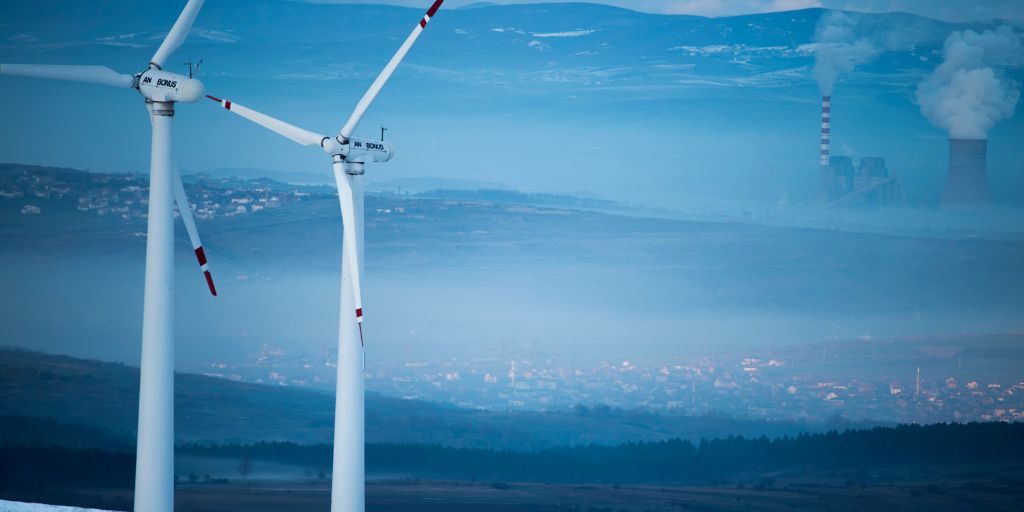Paris alignment: why there is no more space for European public money to finance fossil fuels

Briefing | 14 December 2023
The past nine years have been the warmest on record and the World Meteorological Organization’s latest data shows that 2023 has shattered all climate records. This makes tackling climate chaos more urgent than ever.
The legal and political basis for such action is clear: the Paris Agreement, adopted by 196 Parties on 12 December 2015 and entering into force on 4 November 2016, has the overarching goal to pursue efforts to limit the temperature increase to 1.5°C above pre-industrial levels.
Crossing the 1.5 °C threshold risks unleashing even more severe disasters than we have seen so far, including more frequent and severe droughts, heatwaves and rainfall. According to the UN’s Intergovernmental Panel on Climate Change (IPCC), to limit global warming to 1.5 °C, global greenhouse gas emissions must peak before 2025 at the latest and decline 43 per cent by 2030, and global net zero CO2 must be reached by around 2050.
However, despite sustained efforts by civil society, members of the European Parliament and others, some EU policies, funds and banks still finance fossil fuels.
The aim of this briefing is to lay out the latest scientific evidence on why there is no more space for fossil fuel investments if we aim to keep global temperature increases to below 1.5 °C by the end of the century.
Theme: IPPC, Paris alignment, EBRD, climate change
Project: Just transition
Tags: EBRD | IPPC | RegENERateLife | climate change
Never miss an update
We expose the risks of international public finance and bring critical updates from the ground. We believe that the billions of public money should work for people and the environment.
STAY INFORMED
